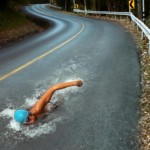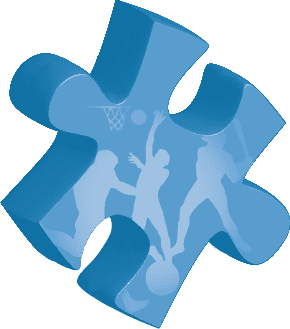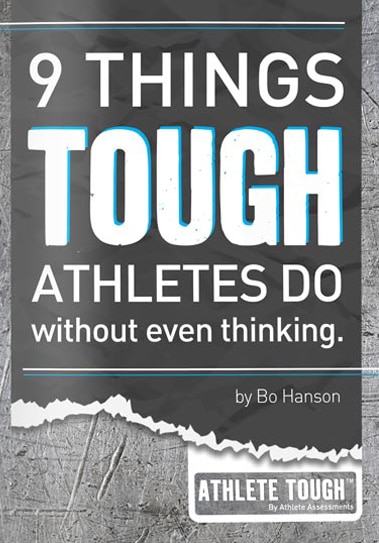How can athletes use life lessons to become mentally tough and how can Coaches draw these lessons into a program that teaches mental skills?
Why is a competency-based framework relevant, and how do you incorporate life lessons into it? As a Coach if you don’t know the answer to this question you should keep reading.
If mental toughness is a skill that can be learnt, as a Coach how do you teach it and ensure your athletes are equipped with the skills to produce the performances you expect? In this article we’ll take a look at some of the ways to learn mental toughness so that it’s easier to understand and include as an essential part of every program.
The good news is that mental toughness is a competency-based framework. A competency-based framework means that everybody has a degree of these skills. It’s the same as having different levels of skill in shooting a basketball from the 3-point line. Some have an excellent skill level, others have beginner level and there are any number of degrees in between.
Athlete Tough author, Bo Hanson says “Competency can be seen by our ability to do the task in practice with no pressure, to learning how to perform the task on competition day, to eventually be able to deliver a Championship level performance when it matters the most.”
“Just as a basketball coach has defined the physical shooting competency required for their team, the same applies for our mental competency for performing under pressure or physical duress. To develop competency, we need to create an environment which challenges our skills and eventually simulates the actual competition experience.”
“I see too many programs which focus on block style drills which do not challenge our problem solving or decision making. Or, they look nothing like game day. Hence, every mental skill required for game day does not get developed.”
That raises the question of content for the framework. As a Coach how do you get your athletes to draw on their life lessons. If they don’t already know, it’s critical that you encourage those around you to take the lessons life has shown them and use them to fuel their performances?
Further, mental toughness is not a fixed state, it’s useful to think of mental skills like physical ability, they’re something that can be worked on. Like a muscle, mental skills need to be exercised, used regularly and cultivated as part of the individual and team or club’s culture.
It was with this knowledge in mind that Bo Hanson, Senior Consultant at Athlete Assessments developed the Athlete Tough program. It’s a step-by-step program that breaks mental toughness down into it’s essential skills. Activities, exercises and reflective journaling give athletes the opportunity to develop strategies to use in the heat of competition.
Hanson says, “essentially, I developed Athlete Tough to give athletes and Coaches the tools they need to improve their performance. I was constantly being asked for my input into mental skills development for individual athletes, to develop a mental approach to both training and competition”.
Hanson says, “since starting Athlete Assessments in 2007, we’ve worked with thousands of Coaches and athletes across almost every sport and what we’ve noticed is that unanimously, Coaches are at a loss when it comes to developing mental skills in their athletes.”
The program’s title ‘Athlete Tough’ is a term Hanson uses to describe the ability of an athlete to be their best when it matters the most. He says, “ultimately, this is what’s most crucial in sport and on competition day”.
Hanson explains that the program is a culmination of his experiences as an athlete, Coach and consultant; and the tools and tactics that he’s been using himself and with clients over the last two decades.
He says, “the Athlete Tough program is designed to deliver proven strategies on how to help your athletes become and stay mentally strong.”
The Athlete Tough program includes a practical handbook that looks and feels more like a magazine, and an accompanying video series to make it multi-media. Coaches print a copy of the workbook for each of their athletes.
“We deliberately created a program that was practical and easy for Coaches to implement. It’s a step-by-step program that Coaches can work through with their athletes. The workbook has 15 chapters and most clients have scheduled an hour or so of dedicated time to go through a chapter each week over as many weeks,” says Hanson.
He goes on to say, “Just a few of the topics covered include Staying in The Game, Teaching Toughness and Staying Tough Under Pressure. It isn’t filled with distracting, long-winded theory. Instead, it takes the theory Coaches and athletes need to know, explains it in a way that’s easy to understand. The activities, projects, fun exercises and reflection journaling, cover the content in-depth while keeping it interesting for this generation of athletes and most importantly, practical.”
A step-by-step program is ideal because it gives athletes the opportunity to develop strategies and practice skills within the safety of their own facilities and without the consequences of real-life events.
This weekly practice also allows athletes to share their views and experiences with their teammates and Coaches. This leads to the development of a shared language and identity between teammates and Coaches.
Hanson says, “mental toughness is not inherent in us; it can be taught, learnt and continually developed, just as resilience can be.
“Mental toughness is not a mythical quality possessed by only a few. It’s a teachable skill and there are proven strategies to develop this in athletes,” says Bo Hanson of Athlete Assessments.
Feedback from around the world shows how Coaches are using the Athlete Tough program. Tino Fusco, Head Coach of Women’s Soccer at Mount Royal University in Canada says, “we used the videos as a starting point for team discussions and then related the concepts to our own specific areas of need.”
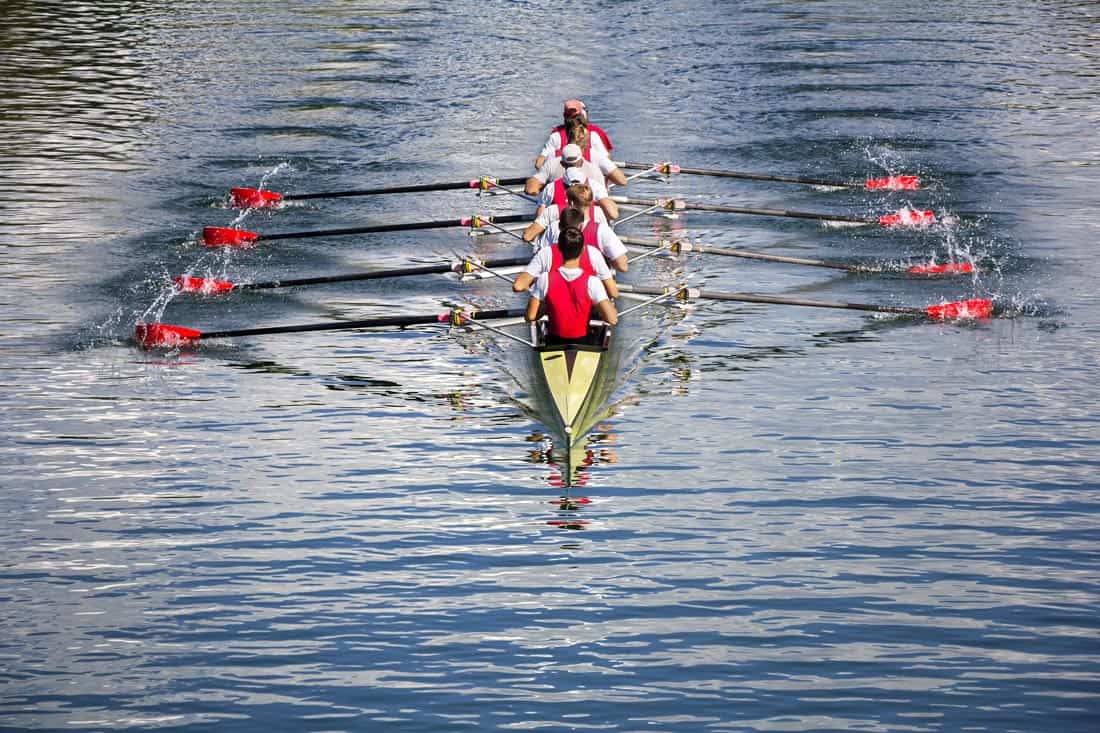
Or, a Division I Rowing Coach from the US said, “our athletes loved working through the book with the Coaches. We used Saturday mornings to go through one or two chapters with the Coaches facilitating the sessions. There was a marked difference in the team dynamic and resiliency during the season.”
Shea Cunningham, a Netball Coach from Victoria, Australia shared, “in just a few short weeks, (our team) have increased their communication, are starting to hold each other accountable, and are raising their expectations of not only themselves but each other. The online videos really help to drum home the messages throughout this program. It allowed the players to hear from someone else other than the Coaching staff. Seeing the light bulb moments, the determination, and the start of their self-belief has been amazing.”
So how does an athlete become Athlete Tough?
If you want to know more about how to help your athletes build mental toughness and resilience so they can perform at their best under pressure, you should check out our program – ATHLETE TOUGH. Our Handbook & Video Series was produced by 4 x Olympian and 3 x Olympic Medalist, Bo Hanson, to answer the call of Coaches wanting to know how they can build mental toughness in their athletes. We have dedicated 15 chapters to proven strategies that will help your athletes become, and stay, ATHLETE TOUGH. Visit this link for more information and to view a sample chapter and video!
Where to from here?

Gain the Upper Hand with Emotional Intelligence
“You have to be able to center yourself, to let all of your emotions go. Don’t ever forget that you play with your soul as

Performing Under Pressure
“The ultimate measure of a man is not where he stands in moments of comfort and convenience, but where he stands at times of challenge

9 things Tough Athletes do without even thinking
Actions always speak louder than words and Tough Athletes take action. You can see their toughness by what they do. Here is our list of
